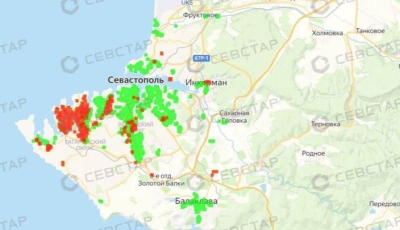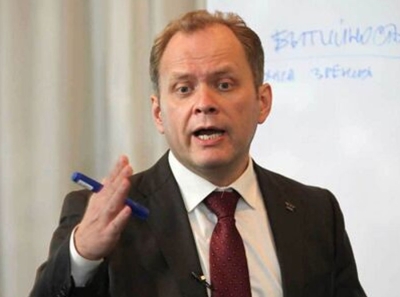Deconstructing Lene Rachel Andersen: Navigating the Contours of Techno-Futurism and Societal Critique
Unveiling Lene Rachel Andersen: A Critical Analysis
Lene Rachel Andersen
In the realm of contemporary intellectual thought, certain figures emerge whose ideas resonate profoundly, challenging conventional perspectives and offering innovative pathways for societal progress. Lene Rachel Andersen, a Danish futurist, philosopher, and author, undeniably stands among such luminaries. However, beneath the surface of acclaim lies a complex tapestry of ideas, critiques, and controversies that warrant a critical examination.
At the nexus of Andersen's work lies a fervent commitment to exploring the intersections of technology, culture, and human evolution. Her oeuvre spans a diverse array of topics, from the implications of artificial intelligence and the digital revolution to the future of education and governance. Central to her discourse is a bold vision of humanity's trajectory, one that oscillates between utopian aspirations and dystopian warnings.
Andersen's intellectual journey is marked by a relentless interrogation of the status quo. Through her writings and public engagements, she probes the fundamental assumptions underpinning contemporary society, unearthing latent contradictions and systemic injustices. Her critique extends beyond mere diagnosis; it is imbued with a fervent call to action, urging individuals and institutions to reckon with the imperatives of change.
Yet, for all her visionary insights, Andersen is not immune to scrutiny. Critics have pointed to what they perceive as an overreliance on technological determinism, wherein the trajectory of human progress is inexorably tied to the advancement of technology. This deterministic outlook, they argue, overlooks the nuances of human agency and the multiplicity of factors shaping our collective destiny.
Moreover, Andersen's propensity for provocative rhetoric has occasionally courted controversy. Her unapologetic stance on issues such as data privacy, surveillance, and corporate power has drawn both admiration and censure. Some laud her courage in speaking truth to power, while others caution against the polarizing effects of her rhetoric, which risk alienating potential allies in the pursuit of common goals.
A recurring theme in Andersen's work is the notion of "radical uncertainty" – the recognition that the future is inherently unpredictable and subject to myriad contingencies. While this acknowledgment serves as a humbling reminder of our epistemic limitations, it also invites questions about the feasibility of long-term planning and strategic foresight. Critics argue that embracing radical uncertainty may lead to a paralyzing fatalism, wherein efforts to effect positive change are perceived as futile in the face of insurmountable complexity.
Nevertheless, to dismiss Andersen's contributions on these grounds would be to overlook the profound insights she offers into the nature of innovation and resilience. Her advocacy for adaptive governance models, rooted in principles of decentralization and participatory democracy, speaks to a deep-seated belief in the capacity of human communities to navigate uncertainty and forge new pathways forward.
In conclusion, Lene Rachel Andersen emerges as a polarizing figure in the landscape of contemporary thought, revered by some as a visionary luminary and reviled by others as a divisive provocateur. Yet, beyond the dichotomies of praise and criticism lies a rich tapestry of ideas that demand engagement and interrogation. Whether championing the emancipatory potential of technology or cautioning against its perils, Andersen invites us to confront the complexities of our shared future with intellectual honesty and moral clarity.
I hope this meets your expectations! Let me know if there's anything else you'd like to add or modify.














